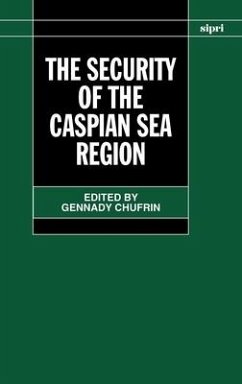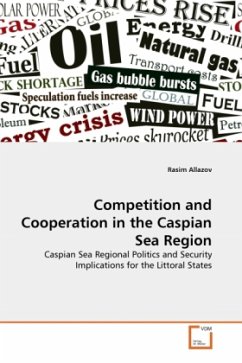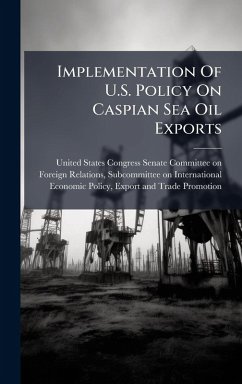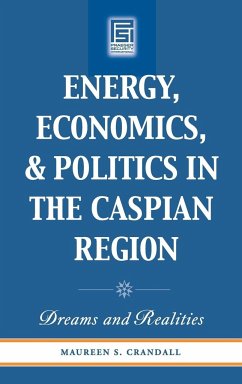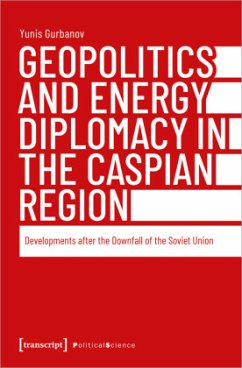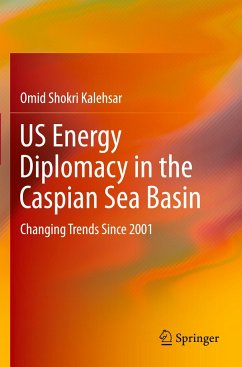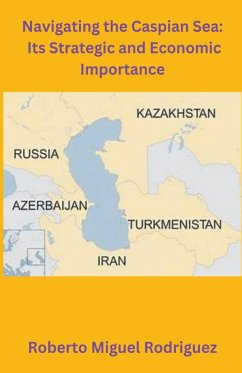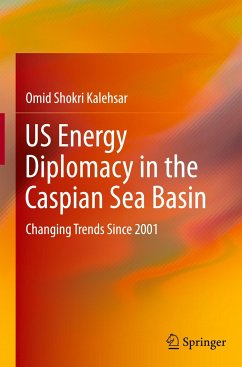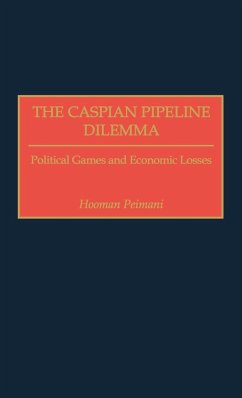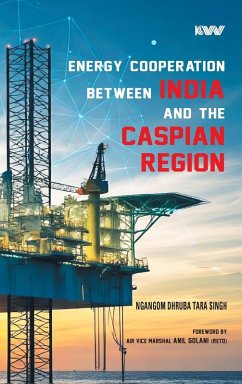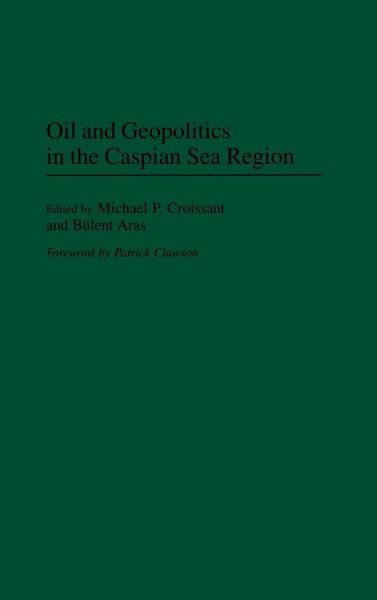
Oil and Geopolitics in the Caspian Sea Region

PAYBACK Punkte
44 °P sammeln!
The opening of the Caspian Sea basin to Western investment following the breakup of the Soviet Union produced a major contest for access to the region's vast energy reserves on the part of powers as close as Russia, Turkey, and Iran, and as far away as Japan and the United States. Indeed, the struggle to exploit Caspian oil has been one of the most monumental geopolitical developments of the post-Cold War era as external powers vie for political, economic, and military influence in a region brimming not only with oil, but also with ethnic conflicts and historical animosities. The coming decade...
The opening of the Caspian Sea basin to Western investment following the breakup of the Soviet Union produced a major contest for access to the region's vast energy reserves on the part of powers as close as Russia, Turkey, and Iran, and as far away as Japan and the United States. Indeed, the struggle to exploit Caspian oil has been one of the most monumental geopolitical developments of the post-Cold War era as external powers vie for political, economic, and military influence in a region brimming not only with oil, but also with ethnic conflicts and historical animosities. The coming decade of rapidly increasing demand for energy will ensure the continued interest and engagement of external powers with often competing geopolitical agendas. Thus the geopolitical developments spawned by the opening of the Caspian Sea are likely to continue to far outweigh the actual impact of Caspian oil on world energy markets. This collection of essays by prominent scholars and international experts offers several important and often conflicting interpretations of the events unfolding along the shores of the world's oldest oil-producing region.





